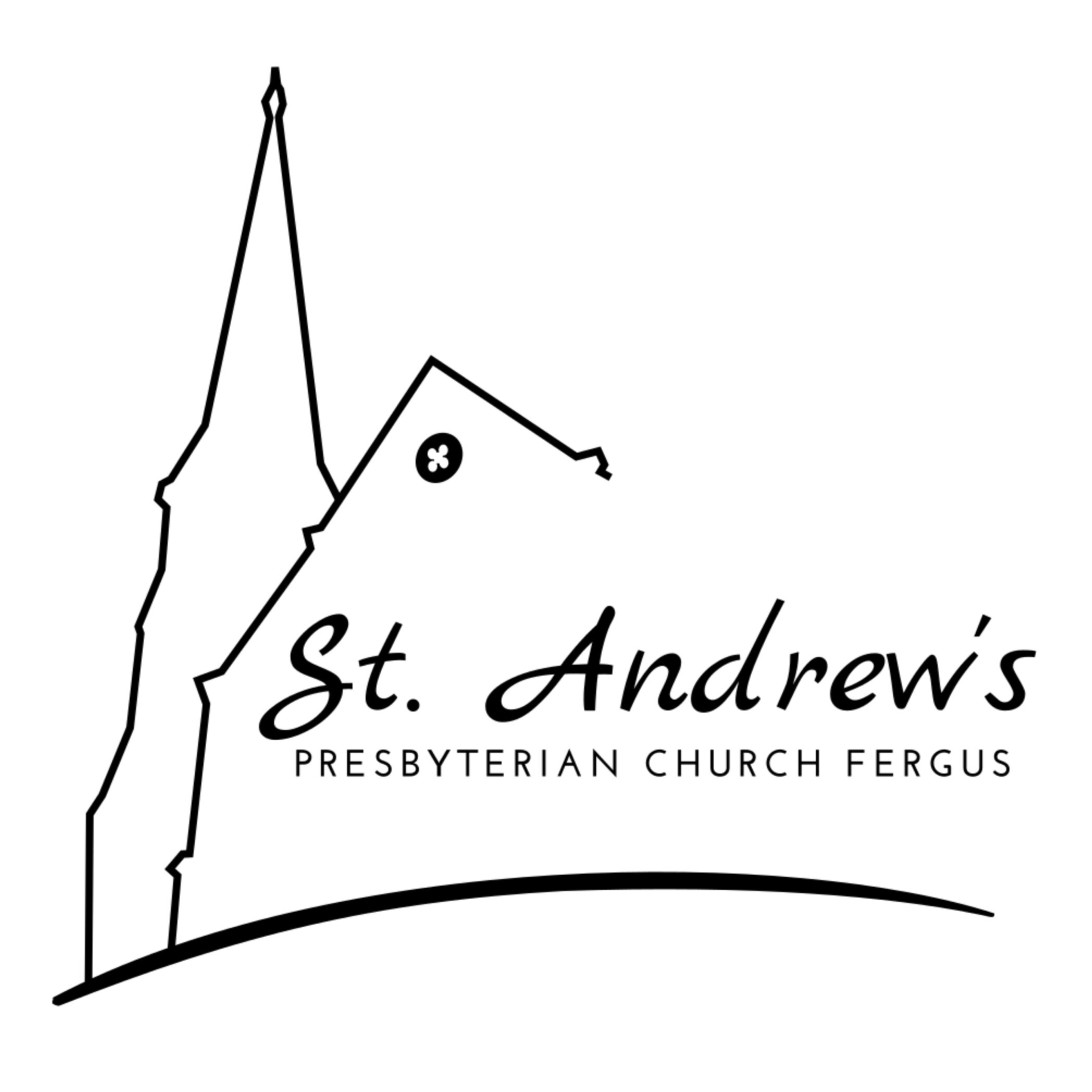The LORD God alone saves
Psalm 81
To the leader: according to The Gittith. Of Asaph.
1 Sing aloud to God our strength;
shout for joy to the God of Jacob.
2 Raise a song, sound the tambourine, the sweet lyre with the harp.
3 Blow the trumpet at the new moon, at the full moon, on our festal day.
4 For it is a statute for Israel, an ordinance of the God of Jacob.
5 He made it a decree in Joseph, when he went out over the land of Egypt.
I hear a voice I had not known:
6 ‘I relieved your shoulder of the burden; your hands were freed from the basket.
7 In distress you called, and I rescued you;
I answered you in the secret place of thunder;
I tested you at the waters of Meribah. Selah
8 Hear, O my people, while I admonish you;
O Israel, if you would but listen to me!
9 There shall be no strange god among you;
you shall not bow down to a foreign god.
10 I am the Lord your God,
who brought you up out of the land of Egypt.
Open your mouth wide and I will fill it.
11 ‘But my people did not listen to my voice; Israel would not submit to me.
12 So I gave them over to their stubborn hearts, to follow their own counsels.
13 O that my people would listen to me, that Israel would walk in my ways!
14 Then I would quickly subdue their enemies,
and turn my hand against their foes.
15 Those who hate the Lord would cringe before him,
and their doom would last for ever.
16 I would feed you with the finest of the wheat,
and with honey from the rock I would satisfy you.’
Vs. 1-5 are the introduction for God’s speaking which takes place in vs. 6-16. There is praise and celebration for God who has done something (we don’t know what until vs.5). But this more than just praise of God – it is reminder that there is only one entity – only one God – who could do what God has done – in this case that is bringing the people of Israel out of the slavery (the Exodus). The burden removed from the shoulder (vs. 6) is a common Biblical image for freedom from slavery. Verses 5 and 10 make explicit that the psalm writer is talking about the Exodus.
The first paragraph (vs. 4 and 5) state there is a statute, an ordinance, a decree that the people of Israel are to follow – but not until vs. 9 do we hear what that command from God is, which is to be obeyed. The command is simple, there is to be no worship of gods other than God – and vs. 10 leaves no doubt as to which god this is “I am the LORD your God”. Out of the burning bush (Exodus 3:14) God told Moses that God’s name was “I am who I am” which in Hebrew is the letters YHWH. YHWH is translated as LORD (as distinct from Lord) in English translations of the Old Testament. YHWH, God who brought Israel out of slavery in Egypt is to be the only God that the people of Israel worships. Only YHWH is to be given the praise and honour for rescuing Israel. No other god – no “strange” or “foreign” god is to be given that honour.
God, who rescued Israel, who raised Jesus to life again, who saves us, deserves to be credited with what God has done. No other entity is to be given that credit. God is worthy of the praise for what God has done, no one else should be given that praise.
PRAYER:
LORD God, we praise you for your might and majesty. We rejoice that you alone have saved us – no other power or entity is capable of rescuing us from the forces of oppression and destruction. You alone have saved us. And we rejoice. In Jesus’ name. Amen.
